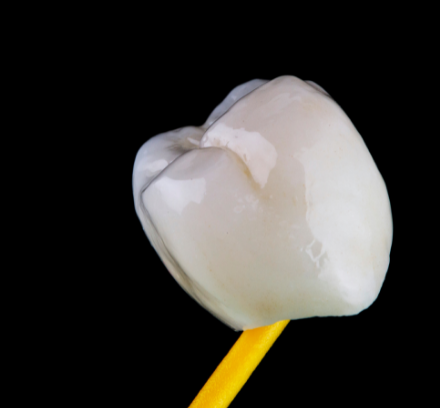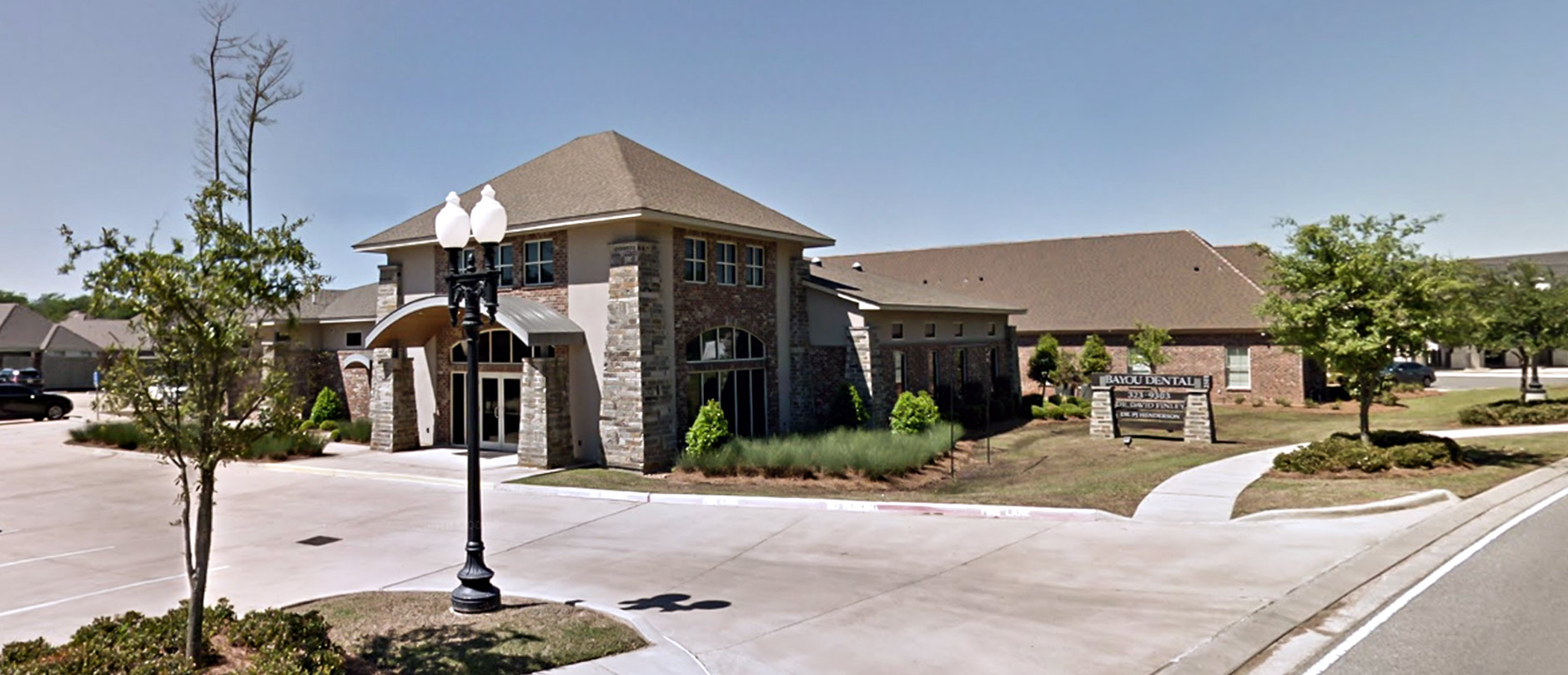Two months ago, my dentist placed three crowns on my back teeth. One tooth hurts so bad that I wonder if I will lose it and need a dental implant. When I chew anything slightly hard or crunchy, it feels like a nerve is exposed. My dentist shaved the crown twice. Most recently, my dentist blamed the problem on the way I chew. Before the crowns, I didn’t have pain when chewing, so why is it a problem now? I am avoiding chewing around the tooth until I can get this resolved. Could the way I chew really be causing the pain? And if it continues, will I lose the tooth and need an implant? It seems it will be another year before I can get Invisalign. Thank you. Lance from AZ
Lance,
Thank you for your inquiry.
What Causes a New Crown to Hurt When You Are Chewing?

Dental crown
If a new crown hurts when you chew, two likely reasons are your bite that is too high or you have a tooth infection. In either case, a skilled dentist can correct the problem and help you eat comfortably again.
- Bite too high – A high bite occurs when your dental crown sits too high compared with your other teeth. When you chew, your opposing teeth will hit the crown harder than your other teeth. The repeated force on the crown will make the tooth sensitive.
- Tooth infection – Inflammation of the ligament that connects your tooth and jawbone can lead to infection. Your tooth can be painful when you chew, or you might have a constant toothache.
When Your Crown Is Still Too High After Adjustment
If your dentist repeatedly adjusts your crown and bite, but you still feel pain, the crown is probably not the issue. Your dentist should x-ray your tooth to check for infection. But sometimes, signs of infection on an x-ray are subtle. If that’s the case, your dentist may refer you to an endodontist or root canal specialist. An endodontist’s diagnostic skills can detect the cause of pain.
Your treatment options may include root canal treatment, which the endodontist can perform. If your tooth is savable, an endodontist or a dentist with advanced root canal training can do it. Root canal treatment is the preferred option before extraction and dental implant. Prompt treatment can help you avoid losing the tooth.
Although the concerns with your crown are delaying your Invisalign treatment, it is better to resolve them before you begin Invisalign. If you decide to see a new dentist, let them know about your plans for Invisalign to ensure your treatment plan is comprehensive.
Dr. David Finley, a Monroe, Louisiana dentist and Fellow of the Academy of General Dentistry, sponsors this post.





